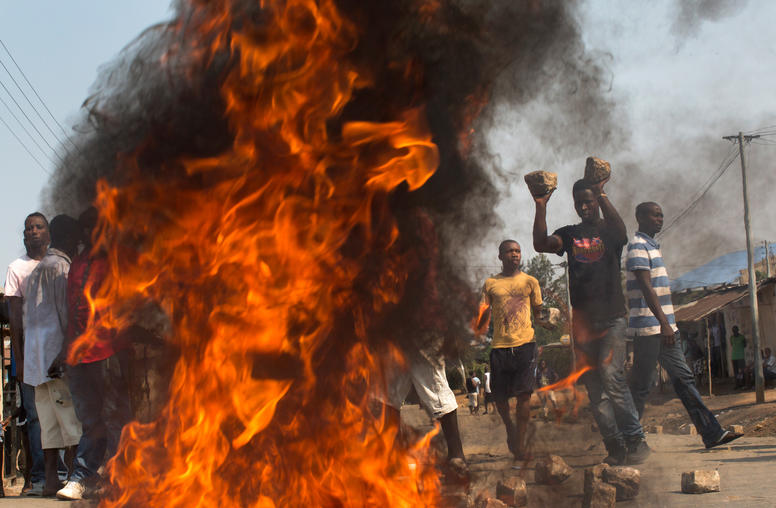Despite boasting one of the highest GDPs per capita in Africa, nearly two in five Gabonese live in poverty. That inequality — combined with decades of monolithic rule under the Bongo family — were contributing factors to Gabon’s military coup last August. USIP spoke with Charles M'bah, Gabon’s minister of public accounts, about what the people of Gabon expect from the current political transition and how the international community can help bolster Gabon’s democratic and economic development.



